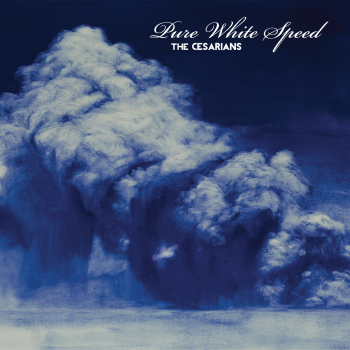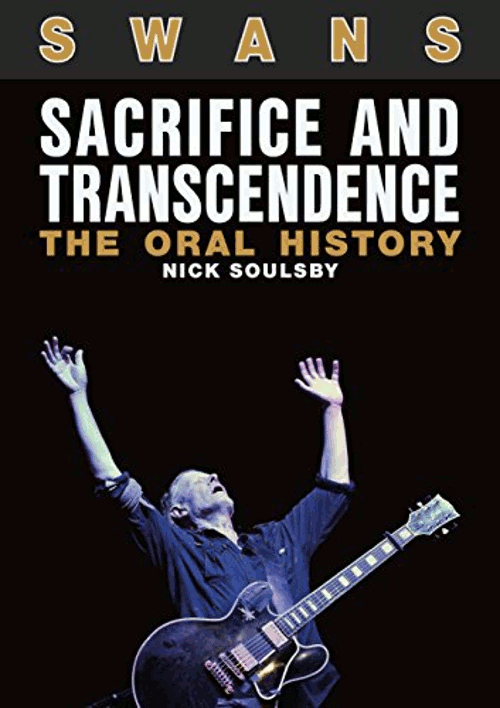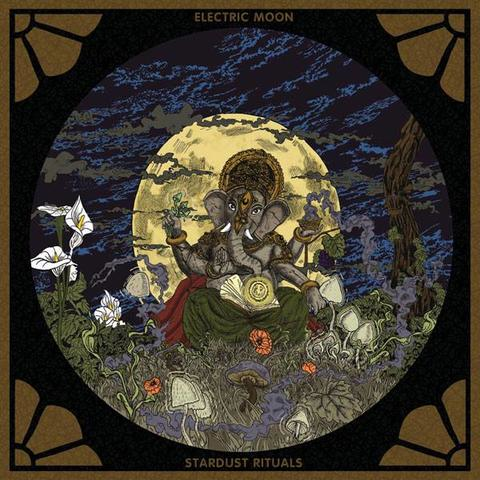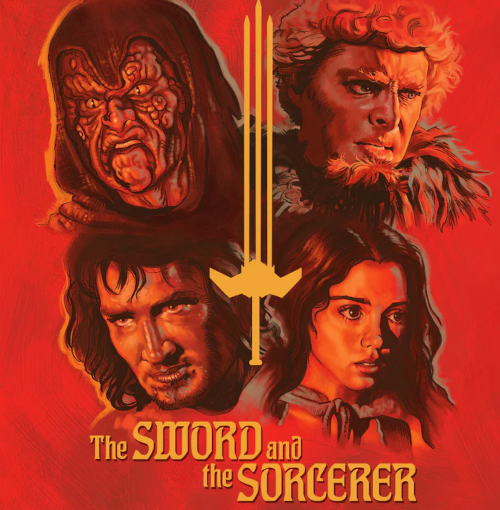Dublin
15 August 2013
There is a story. “It’s all made of stories, you know”. There is a story that back in 1980 David Byrne (of Talking Heads fame) read an article in the music press about a band from England who were rewriting all the rules, who had discovered the new sound. Impressed by what he read, and based on the description of the music not the music itself, Byrne wrote and recorded “The Overload,” the final track on Remain In Light… sinister lyrics intoned gravely over the top of a long menacing drone. A little later he finally got to hear Joy Division and admits to being disappointed. “They sounded closer to a rock group than I thought they were”.
A little over a decade later I first heard the name My Bloody Valentine when a friend enthused wildly about their new album, Loveless. I listened to his description of the music and for some reason imagined an angry and angular wall of distorted guitars backed with wild percussion and a thumping bass. A little later I sat down with Loveless and realised My Bloody Valentine sounded nothing like the band I’d conjured in my imagination. I have since come to love MBV and I think Loveless is a classic record, but to echo Byrne’s sentiment, “they sound closer to a rock group than I thought they were”.
I mention all this because I think I’ve always been a little disappointed that I never got to hear the epic band I’d invented based on an inaccurate description of MBV. Not being David Byrne, I didn’t rush out and record an incredible track to bring my imagination to life. I just resigned myself to that little regret and went about my day. Little did I know that 22 years later I would finally get to hear that epic band. Just as intense, just as jaw-dropping, just as monstrous as my imagination had led me to believe. The vocals are different and the name is different. But otherwise, Swans is that band.Dublin’s Button Factory is a fine venue. It’s far too plush and clean to be a wholly appropriate place to see a band like Swans, but it’s going to take a little time for the shine to come off the recent refurb and the size and acoustics are perfect… the low-ceiling helping to enclose the sound for the 500 or so people, none of whom are too far from the stage. As we waited outside before the gig we were approached by a puzzled looking man. “It says Swans are playing here… that’s not early-80s-Michael-Gira-Swans, is it?” he asked in an American accent. I confirmed his suspicion. “But… what?” He looked even more puzzled. “They’re the greatest band who ever played… you know that right?” He proceeded to give myself and Citizen S a pretty comprehensive history of their music, which albums were best, how influential they were and concluded by informing us that they were his favourite band and were in fact a big part of why he became a musician and why the hell were they playing in a tiny venue in Temple Bar when they should be filling arenas. For convoluted reasons I had a spare ticket in my pocket… it’s nice when the universe takes you by surprise and you find yourself unwittingly cast in the role of “benevolent stranger” in someone else’s story.
And then the gig started. And it was as good as he’d said. As good as everyone had said. The recordings I’d heard simply didn’t – couldn’t – do the experience justice.Though before Swans took the stage, Josephine Foster, along with Gyða Valtýsdóttir on cello, treated us to a half hour of what – were I a proper music critic – I’d describe as deliciously delicate avant-garde folk. Foster’s voice and acoustic guitar wove a haunting, dreamlike tapestry around Valtýsdóttir’s cello and produced something akin to Old School Folk Music passed through the filter of Andy Warhol‘s Factory. At the time it was unexpected given the nature of the music to follow, but in retrospect Foster was the perfect support for Swans. Only something inhabiting a completely different segment of the musical spectrum could possibly withstand the force of what was to come.
We didn’t have to wait long after Foster’s departure for Swans to appear onstage. There was no fanfare, no big entrance, their arrival was almost casual. Yet it heralded magnificence. Despite having spent the previous couple of weeks listening to The Seer (the album released in 2012) I was completely unprepared for what was to come. This really was that unearthly, impossible sound I’d imagined all those years ago.
Part of it – certainly – is down to the sheer volume of the music. But to be honest, I think that’s a bit overstated. It’s true that when I first entered the venue, I did note that the stage was rather small, but unusually full of stuff. Mostly amplifiers. “There are more amplifiers than is normal for a stage that size” I thought to myself.And sure, they are louder than most bands… my ears took a good deal longer than usual to stop ringing afterwards. But with Swans, the volume really does enhance the experience. That wouldn’t be the case with plenty of bands – even ones you like a lot… I imagine the previous Josephine Foster performance would have been very odd at that volume. The thing is, I’d previously read reviews that talked of a Swans gig being “on the verge of genuinely painful”. And one review of the same Dublin gig I attended suggests it was just about bearable even with earplugs. So yes, I admit… I brought earplugs on the back of such tales. But I never even thought about taking them from my pocket once the gig got underway. Swans music is played at precisely the correct volume. Don’t let anyone tell you otherwise.
I can’t offer you much by way of a set list. The concert opened with howling guitars distorted so that it began to sound a little like people playing jet engines. But playing them very well you understand? A monstrous drone grew up behind the guitars that set the entire room throbbing. Wave after wave, rising to a peak that seemed endless and yet was just a waystation on the journey ever upwards. Then the drums arrived. All The Drums. That’s how the concert started. And it ended in a very similar manner.In between, bits and pieces from The Seer would occasionally emerge, mutated almost beyond recognition as though that truly epic album had merely been the inspiration for the music they really wanted to make. A launch pad.
One piece had Gira growling “Liberté, égalité, fraternité “while a shuddering cloak of feedback engulfed us all, generating that curious state of sensory overload that paradoxically seems to mimic the experience of a sensory deprivation tank. That track lasted a good 24 hours or so, but was cruelly cut short by the arrival of the next. At one point during a song I’m going to call “To Be Kind” I looked up to see whether storm clouds were gathering in the air above our heads. They weren’t of course, but I suspect that was mostly down to the band exercising a degree of restraint. The six men on stage were right on the edge of summoning elementals out of the ether, and deep down you just knew they were capable of stepping over that edge if they really wanted to.Perhaps another night.
This was a performance that somehow belonged in New York in 1981, in Dublin in 2013 and on the Siberian Steppes during the Dreamtime. It was music that sounded – and felt – rooted in the concrete of the urban landscape, but also deeper still into the bedrock beneath the city. This music was heavy. Majesterial in its heaviosity. Music with heft.
If Swans ever play Dublin again, I will be there to be astounded and mesmerised once more. They are everything live music should be. People have written about Swans being driven by Gira’s anger. But that’s not what I saw at The Button Factory. I saw a man energised by the knowledge that he was doing something truly magical; a man who had drawn together a group of individuals with enough talent, intensity and sheer bloody rock to help him perform that magic. You might go to gig this year by a band you think is better than Swans. Maybe.But you won’t go to a better gig.
-Jim Bliss-



